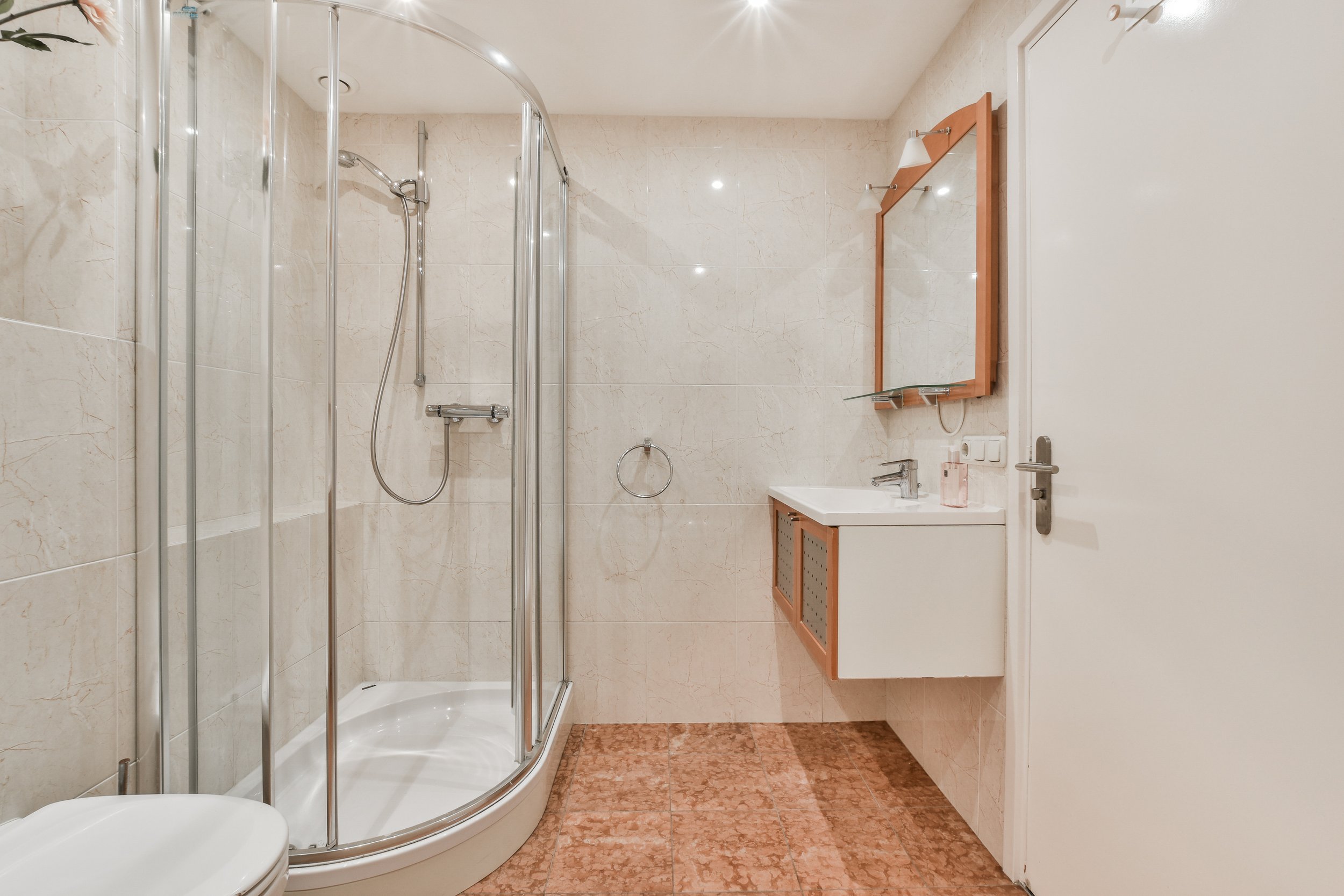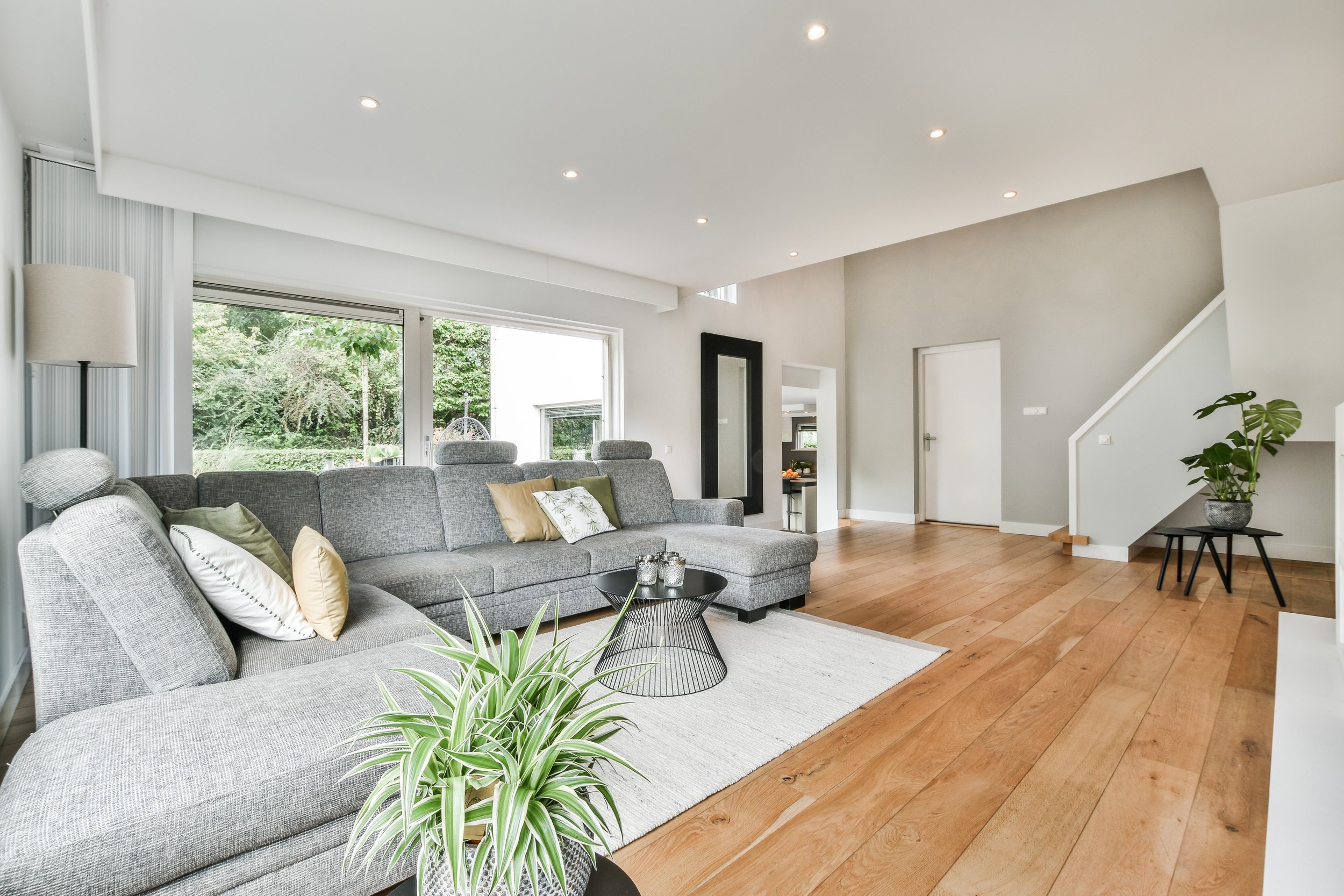
How To Find A Reliable Basement Contractor In Atlanta, GA?
Finishing a basement in Atlanta is part design, part waterproofing, and part logistics. The soil holds water, the summers are humid, and many older homes in Grant Park, Virginia-Highland, and Decatur have mixed foundation types. A reliable contractor understands all three parts and builds to suit Georgia’s climate and code. This guide shows how a homeowner can identify the right finishing basement contractors in Atlanta and what to expect from a professional process.
Start with the goal, not the square footage
A livable basement means different things on the Westside versus Alpharetta. A media room with a wet bar, a rental suite, or a home office each has different code, HVAC, plumbing, and egress needs. Upfront clarity prevents overdesign and change orders. A clear scope also helps a contractor price accurately and propose durable finishes for a below-grade space.
The Atlanta factors that separate good from risky
The region’s red clay expands when wet and shrinks when dry. Heavy summer storms can drive hydrostatic pressure against basement walls, and older homes often rely on patchwork drainage. A reliable contractor prioritizes water management before finishes. That includes assessing perimeter drainage, downspout discharge distance, grading around the foundation, and any cracks that suggest movement. A clean design on paper does not matter if moisture intrudes behind drywall.
Building code matters too. Fulton, DeKalb, and Cobb counties follow the Georgia Residential Code with local amendments. Bedrooms need compliant egress windows or exterior doors. New bathrooms require proper venting and a permitted tie-in to the home’s DWV system. Ceiling heights, smoke and carbon monoxide alarms, and arc-fault protection also apply. A contractor familiar with the City of Atlanta’s permit portal and inspections can keep the schedule steady and reduce rework.
What a thorough basement assessment looks like
A strong first visit feels like a mini home inspection. The contractor should check humidity, look for efflorescence on walls, measure ceiling height under duct runs, locate the main sewer line for potential bath locations, and map out mechanicals. They should ask about past leaks, musty smells after storms, and any sump pump history. In many Brookhaven and Sandy Springs homes, slab elevation and sewer depth determine whether a bathroom needs a sewage ejector. Expect this to be part of the conversation, not an “add later” surprise.

Comparing finishing basement contractors the smart way
Homeowners often compare two numbers and a rough layout. That invites trouble. A better approach focuses on scope clarity and risk controls. Look for:
- A written moisture plan that addresses drainage, vapor barriers, and dehumidification, not just “mold-resistant drywall.”
- Specifics on insulation type and placement. In Atlanta, rigid foam against concrete with sealed seams, then a framed wall, performs better than fiberglass directly on masonry.
- Electrical and HVAC detail. Added loads, supply and return placement, and whether the existing system can handle more conditioned space.
- A transparent permit path with who submits, typical timelines for your jurisdiction, and how inspections are sequenced.
Price still matters. So does what is included. One estimate may omit egress, sound control, or subfloor systems to appear lean. Ask for alternates shown as line items so you can choose rather than accept hidden cuts.
Materials that hold up under Atlanta humidity
Below grade, materials work harder. A reliable contractor specifies products that resist moisture and movement. For floors, a dimpled subfloor panel or a raised subfloor helps break capillary transfer from the slab. Luxury vinyl plank rated for basements, ceramic tile, or stained concrete perform well. On walls, closed-cell foam or rigid foam board controls condensation risk. For ceilings, a drywall ceiling looks clean, but a high-quality drop system can be practical if the home has frequent service access needs. In houses near Morningside with complex mechanical runs, access panels save time later.
Timelines Atlanta homeowners can trust
Permits in the City of Atlanta often take 1 to 3 weeks depending on season and scope. A typical 800 to 1,000 square foot finish with one bath runs 6 to 10 weeks once permitted, plus inspection time. Add one to two weeks if structural steel needs modification or if significant waterproofing is required. Beware of promises far shorter than this range; those schedules usually skip inspections or assume no surprises.
Red flags that predict headaches
A fast-talking bid with vague allowances tends to grow. A contractor who avoids the words “permit” or “inspection” sets the homeowner up for appraisal and resale problems. Another red flag is any plan that places fiberglass directly against concrete or proposes laminate over bare slab without a vapor solution. In Atlanta’s climate, those shortcuts lead to swelling floors and musty odors within a season.

Budget ranges and where the money goes
Costs vary by finish level and conditions, but most Atlanta-area basement finishes sit in ranges:
- Dry space without bath: often $45,000 to $80,000 for 700 to 1,000 square feet with code-compliant electrical, insulation, drywall, basic floor, and paint.
- Add a full bath: commonly adds $15,000 to $30,000 depending on distance to sewer, need for ejector, tile choice, and glass.
- Kitchens or wet bars: $8,000 to $35,000 depending on cabinetry, appliances, and plumbing.
- Waterproofing and drainage fixes: $2,000 to $15,000 depending on scope, from exterior grading to interior drain tile with sump.
In-town homes with tight access or heavy structural changes can exceed these ranges. Quotes that fall far below them usually omit required scope.
Permits, inspections, and appraisals
A permitted basement builds value and reduces risk. Appraisers in Atlanta give more credit to finished space that shows on record with the city or county. Insurers may exclude damages from unpermitted work. Reliable finishing basement contractors will pull the right permits, schedule inspections at framing, rough mechanicals, and final, and share approval documentation at the end. Keep that packet; it matters at resale.
Egress and safety in below-grade bedrooms
A true bedroom needs legal egress. That means a window or door sized to code with clear path to the exterior. Many older basements in East Atlanta Village have small hopper windows that do not qualify. Cutting concrete for a larger well is common and safe when handled with proper shoring and drainage. This is a place to follow code, not improvise.

Sound control that actually works
Basement media rooms near Midtown condos or single-family homes by busy streets often need sound control. Staggered studs, resilient channel, and mineral wool can improve isolation. A contractor should explain where sound escapes and propose fixes that deliver noticeable results without overbuilding. Spending a little in the ceiling often buys more quiet than overloading every wall.
How to interview a contractor so the truth shows up
Heide Contracting: basement finishing services in Atlanta, GA.Ask for three recent Atlanta addresses you can verify permits on through the public portal. Request contact info for clients in neighborhoods like Kirkwood or Buckhead, not just distant suburbs. Ask who will be onsite daily and how change orders are priced. A reliable contractor welcomes these questions and answers plainly. If the project lead cannot explain vapor drive in summer or the difference between a backwater valve and a check valve, keep looking.
What a clean proposal includes
Expect a scope that lists framing, insulation type and R-values, drywall specs, floor system, trim, paint, plumbing fixtures by model, electrical device count, lighting plan, HVAC changes, permit responsibility, inspection sequence, and a payment schedule tied to milestones, not dates. Milestones might be framing complete, rough-in approvals, drywall complete, substantial completion, and final inspection approval.
The day-to-day on a well-run job
Neighbors in Candler Park appreciate tidy sites. A professional crew sets a defined access path, protects the main level floors, and uses air scrubbers when cutting indoors. Dumpster placement is agreed in advance, often with an HOA if applicable. Quiet hours are respected, and the team communicates inspection dates since no work can cover rough mechanicals until they pass.
Moisture control that lasts through August
Atlanta summers push moisture into basements through concrete and through air leaks. A continuous interior air barrier, sealed rim joists, and a dehumidifier set between 45 and 50 percent relative humidity keep finishes safe. A contractor should set the target and recommend units sized to square footage. In homes with prior moisture issues, an interior drain channel with a sump and battery backup protects power-out storm events.
Why homeowners choose Heide Contracting for basement finishes
Heide Contracting focuses on finished basements that look great and stay dry. The team builds in Atlanta neighborhoods daily and understands the permit process, soil conditions, and style preferences across the city. They specify rigid foams, raised subfloors where needed, and code-compliant egress. Clients see clear line items, inspection documentation, and steady communication. That approach keeps schedules predictable and avoids surprises after the first storm of summer.
Simple next steps for Atlanta homeowners
- Share photos, a rough sketch, and a list of goals to receive a realistic baseline estimate.
- Book an on-site assessment to check moisture, structure, and mechanicals before final pricing.
Ready to plan a reliable basement finish in Atlanta, GA? Contact Heide Contracting to schedule a site visit. The team will verify moisture control, map a code-compliant layout, and deliver a clear proposal that fits the home and the budget.
Heide Contracting provides renovation and structural construction services in Atlanta, GA. Our team specializes in load-bearing wall removal, crawlspace conversions, and basement excavations that expand and improve living areas. We handle foundation wall repairs, masonry, porch and deck fixes, and structural upgrades with a focus on safety and design. Whether you want to open your floor plan, repair structural damage, or convert unused space, we deliver reliable solutions with clear planning and skilled work. Heide Contracting
Atlanta,
GA,
USA
Phone: (470) 469-5627 Website:
https://www.heidecontracting.com,
Basement Conversions
Instagram: @heidecontracting
Facebook: Heide Contracting